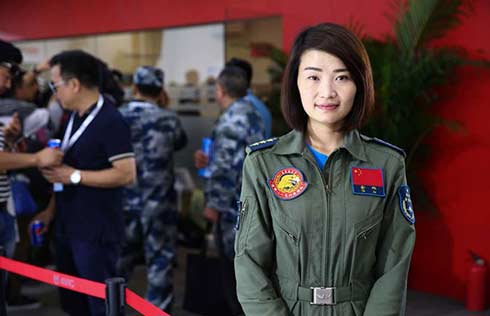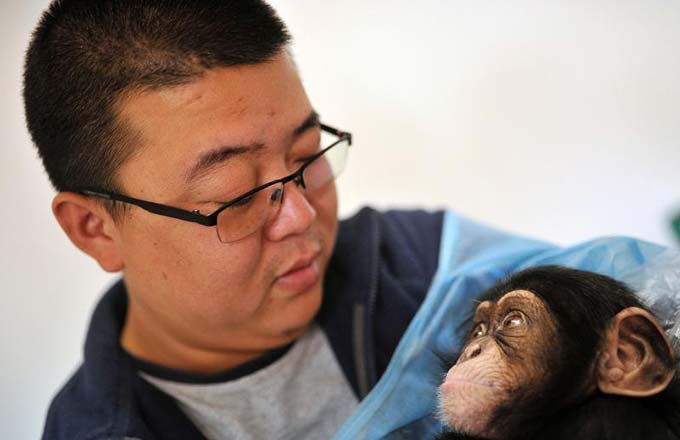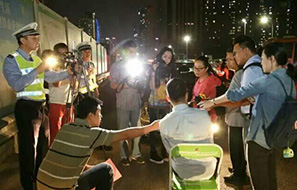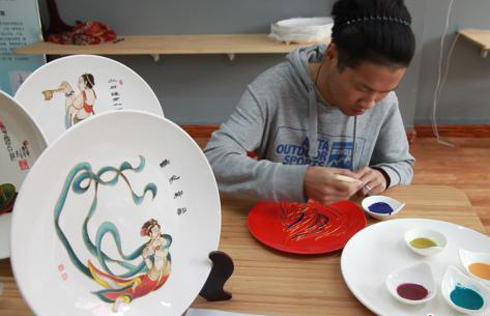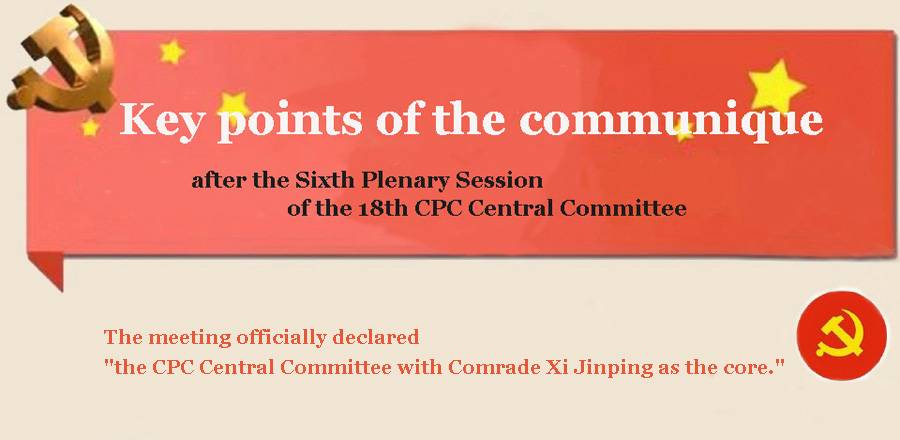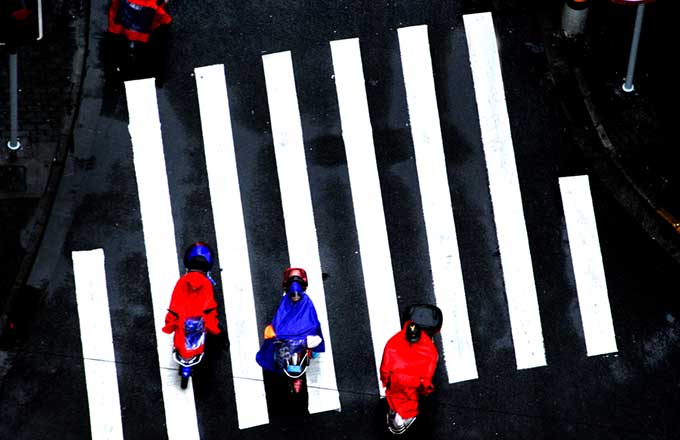China, ASEAN to bring corrupt officials to justice
China and ASEAN countries will set up a regional anti-corruption legal framework to facilitate the return of corrupt Chinese officials who are still at large in ASEAN countries and confiscate their ill-gotten assets, a senior anti-graft official said.
China is in advanced negotiations with some ASEAN countries, including Thailand and Laos, to sign bilateral anti-corruption agreements. Meanwhile, China intends to start discussions with ASEAN countries to sign bilateral extradition treaties to bring more fugitives back to face trial, said Liu Jianchao, director of the International Cooperation Bureau under the CPC Central Commission for Discipline Inspection.
At present, China has signed bilateral anti-corruption agreements with four ASEAN countries and has signed extradition treaties with six ASEAN members, according to the CCDI.
"Such a regional anti-corruption mechanism will provide us a legal basis to enhance judicial cooperation with ASEAN countries in fighting cross-border corruption and improving working efficiency," Liu said on the sidelines of the China-ASEAN Anti-Corruption Workshop held from Wednesday to Friday in Yuxi, Yunnan province.
It's the first time China and ASEAN countries have held such a high-ranking meeting on anti-graft cooperation.
Yang Xiaochao, secretary-general of the CCDI, said China and ASEAN countries will focus on practical actions to extend approaches for anti-corruption cooperation. They will further strengthen cooperation on intelligence sharing, case investigation, training programs and conducting joint operations, he said.
In recent years, many Chinese corrupt officials have fled to Southeast Asian countries to avoid legal punishment due to convenient travel routes and easy visa application procedures.
Meanwhile, they have illegally sent millions of yuan in illegal assets to foreign accounts through money laundering and underground banks.
Since April last year, when Interpol issued red notices for the arrest of 100 major corrupt fugitives, six have returned from ASEAN countries to stand trial.
"Corruption, as the root cause of many global problems, hampers economic growth, exacerbates social injustice, and destroys democracy and the rule of law," Yang said. "We will resolutely crack down on cross-border corruption to realize sustainable regional economic development."
"Corruption has seriously affected economic prosperity, social stability and government credibility. China and ASEAN countries need to work together in eradicating the corruption 'cancer' and have sustainable development," said Martin Kreutner, dean of the International Anti-Corruption Academy.
zhangyan1@chinadaily.com.cn




